Implications of recent central bank policy measures
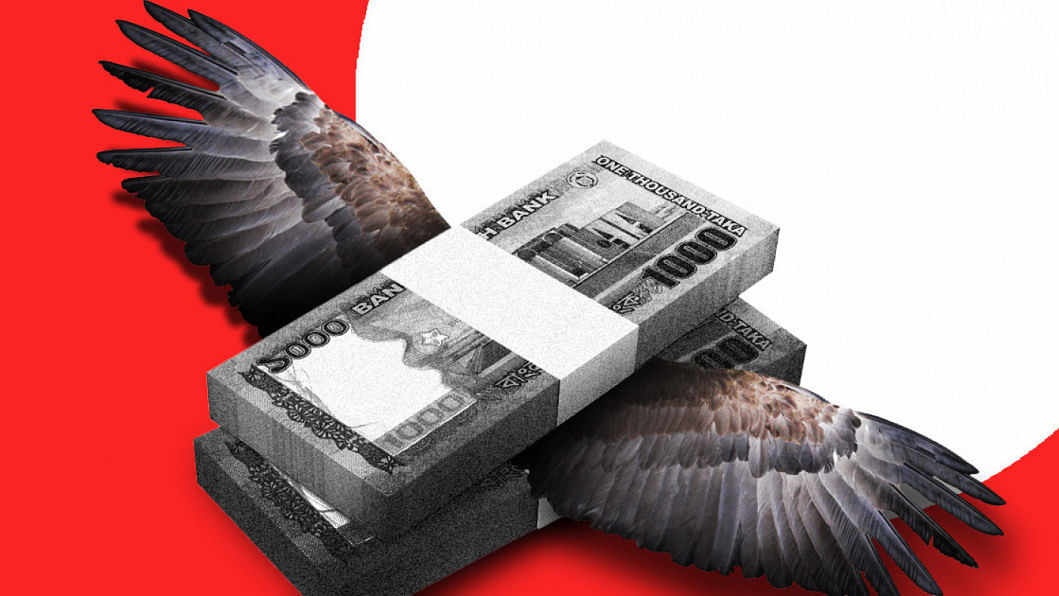
The Bangladesh Bank (BB) announced some important monetary policy measures on May 8, 2024, in an attempt to rein in inflation and improve the declining foreign exchange reserve of the country. Indeed, this decision has been taken by the central bank prior to the release of the third tranche from the International Monetary Fund (IMF) under its ongoing support of $4.7 billion to Bangladesh. The IMF had suggested market-based interest and exchange rates earlier, but the central bank shied away from adopting those measures until the situation eventually aggravated.
As a last resort, the BB has hiked the policy rate by 50 basis points to bring it to 8.5 percent. In January 2024, the policy rate was increased from 7.75 percent to 8 percent. This decision gives a signal to the market about the upcoming interest rate hike in the commercial banks. In its Monetary Policy Statement for July-December 2023, the BB introduced the reference lending rate, namely Six-month Moving Average Rate of Treasury bills (SMART), to determine the lending rates. Banks and non-bank financial institutions (NBFIs) used to have a margin applied to this rate by three percent and up to five percent, respectively. With the announcement of a policy rate hike and the abolition of the SMART mechanism, lending rates will now be determined by commercial banks. The lending rate will depend on the efficiency, liquidity situation, market demand, competitiveness, and bank-customer relationship. Naturally, efficient banks will be in an advantageous situation due to their reputation and can offer a more competitive rate than the weaker ones.
The interest rate cap imposed in April 2020 by the BB for both lending and deposit, at nine percent and six percent, respectively, has been unsuccessful in containing inflation. Money became too cheap as the inflation rate far exceeded these low lending rates. This illogical cap was also discriminatory since depositors became net losers by keeping their money in banks with the inflation rate above nine percent. This harmful interest rate cap should have been eliminated and a pragmatic monetary policy should have been in place much earlier to address the ongoing inflationary challenge.
The other monetary policy measure—introduction of Crawling Peg Mid-Rate (CPMR) and setting the exchange rate at Tk 117 for $1—aims to stabilise the value of the taka against the US dollar. The crawling peg gives the banks the freedom to buy and sell US dollars at their own rates within a certain corridor. The BB has attempted to set the CPMR at a point which reflects the market rate. This is, of course, not fixed, and adjustments may be needed in the future to reflect actual market rate. During the last two years or so, the taka has depreciated by more than 29 percent. Now with this crawling peg rate, the taka has depreciated by over six percent in one go. The Bangladeshi taka has long been overvalued against US dollar to keep import costs low. However, the Real Effective Exchange Rate (REER) was much higher than what was fixed by the central bank. As the exporters were losing competitiveness due to the high value of the taka against the US dollar, the BB started to depreciate the taka in 2022. This could have been done much earlier had the central bank responded to the market signal right from the beginning, letting the market absorb the shock slowly. Even after depreciation of the taka, the exchange rate did not stabilise. US dollars were being sold in the kerb market at a much higher rate than the rate of the central bank. The private importers had to buy US dollars at a high rate to open their letters of credit (LCs).
The attempt to set a unified exchange rate is a positive move. Exporters and remitters will be benefitted, while importers will face cost escalation. In truth, for an economy which relies on both exports and imports, it is impossible to set a balanced exchange rate. As the national focus is more towards developing an export-led economy, exports must be competitive relative to other countries. That is why a flexible market-based exchange rate is important so that exports and remittances remain attractive while the reliance on unnecessary imports decline. Of course, we are yet to see a market-based exchange rate. The CPMR is probably a prelude to it. Meanwhile, the market has to mature.
The new exchange rate will have an implication for government expenditures as well. Earlier, even if the private importers were buying US dollars at a higher rate, the government was importing oil, fertiliser and a few other commodities at Tk 110 per US dollar. Now, the government expenditure on imports will rise. High import costs could further increase inflationary pressure. Increase in government expenditure will also increase budget deficit which could lead to more bank borrowing by the government. In recent months, the government has been borrowing heavily from the banking sector. This has put pressure on domestic debt.
The new monetary policy will have varied implications for the economy. That is why the BB has to continue to review the situation and adjust interest rates and other policies accordingly. For positive outcomes, these measures also require coordination with each other, and special care needs to be taken over implementation.
Due to lack of coordinated and coherent measures, inflation continues to rise, notwithstanding the abolition of the interest rate cap since July 2023. On the other hand, fiscal policy has not been commensurate with a contractionary monetary policy since the government could not control spending successfully. Last year, the government borrowed from the BB and fuelled inflation further instead of containing it. This year the government is borrowing from commercial banks. Though there is not much demand from the private sector now and thus the possibility of crowding out is low, the interest payment liability of the government for these loans is increasing. As it is, the external debt service liability of the government has been piling up and the government is servicing some of these loans by borrowing from other external sources.
Of course, no single policy can satisfy everyone. The new exchange rate is expected to provide some predictability. But the crawling peg rate is set to have a knock-on effect on the cost of business for the private sector. The private sector has also been apprehensive of increased cost of doing business due to high interest rates. Then again, cost of doing business also depends on many factors such as good governance, quality of public service delivery, efficient infrastructure, technological adoption, and skilled human resources. Without making improvement on these, businesses cannot be competitive. Therefore, the interconnectedness of policies and their implications must be recognised and worked on. Policy consistency is critical, so is the timely adoption and proper implementation of appropriate policies.
Dr Fahmida Khatun is the Executive Director at the Centre for Policy Dialogue and Non-Resident Senior Fellow of the Atlantic Council. Views expressed in the article are the author's own.
Views expressed in this article are the author's own.
Follow The Daily Star Opinion on Facebook for the latest opinions, commentaries and analyses by experts and professionals. To contribute your article or letter to The Daily Star Opinion, see our guidelines for submission.

 For all latest news, follow The Daily Star's Google News channel.
For all latest news, follow The Daily Star's Google News channel. 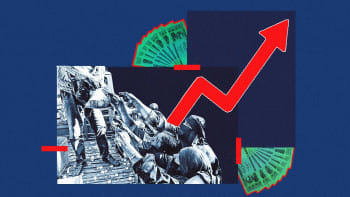

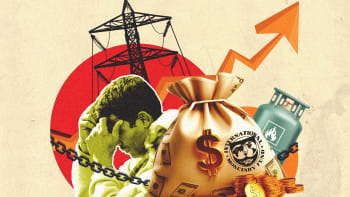




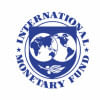
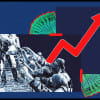
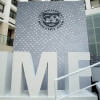


Comments